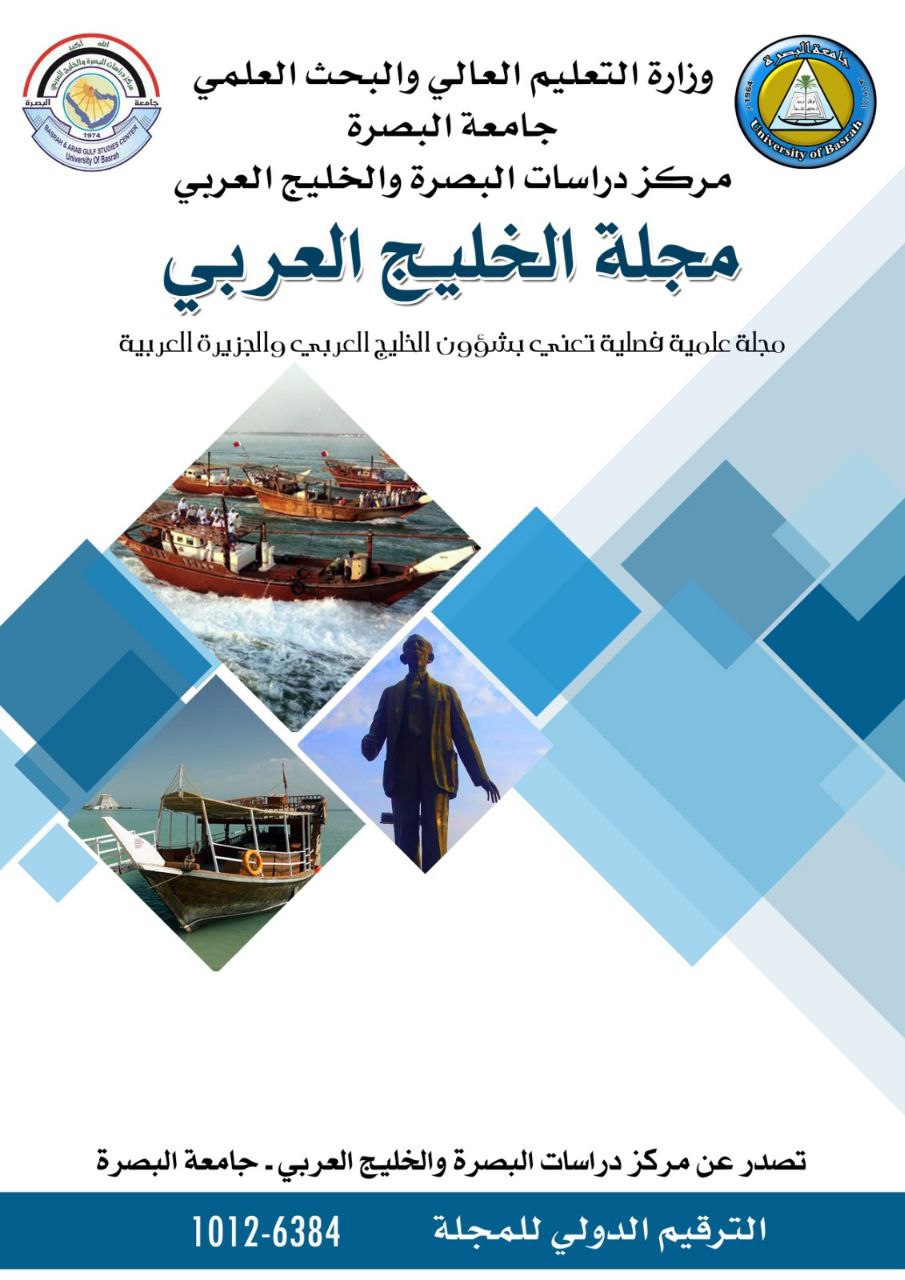Abstract
The Tigris and Euphrates rivers are among the most prominent rivers in the Arab world, but they also present numerous challenges that can significantly hinder opportunities for cooperation and joint action among the countries they traverse. These nations are still vulnerable to the risks of periodic droughts, floods, and the deterioration of water quality and safety, as well as the threats posed by civil wars and famines. Moreover, the realities of population growth and the misuse of water resources exacerbate the potential for water-related conflicts, particularly when considering the various difficulties and complexities inherent in the political interactions within the region.
As Iraq is one of the countries sharing the Tigris and Euphrates rivers with Turkey, Syria, and Iran, and given its status as a downstream country, these waters are considered shared resources governed by specific agreements on water allocations, allowing both upstream and downstream nations to benefit. However, in recent decades, both Turkey and Iran have constructed numerous dams, reservoirs, and irrigation projects, and have altered the courses of rivers, contrary to the principles and agreements that govern the shared river basins.
There is no doubt that Iraq is facing an impending water crisis in the coming years, primarily due to its geographical location as a downstream country, which places it in a very precarious position and makes it highly susceptible to the actions of the upstream countries. Addressing the water crisis in Iraq requires taking significant measures and steps to either overcome this crisis or at least mitigate its impacts, and to find a resolution to the water crisis
As Iraq is one of the countries sharing the Tigris and Euphrates rivers with Turkey, Syria, and Iran, and given its status as a downstream country, these waters are considered shared resources governed by specific agreements on water allocations, allowing both upstream and downstream nations to benefit. However, in recent decades, both Turkey and Iran have constructed numerous dams, reservoirs, and irrigation projects, and have altered the courses of rivers, contrary to the principles and agreements that govern the shared river basins.
There is no doubt that Iraq is facing an impending water crisis in the coming years, primarily due to its geographical location as a downstream country, which places it in a very precarious position and makes it highly susceptible to the actions of the upstream countries. Addressing the water crisis in Iraq requires taking significant measures and steps to either overcome this crisis or at least mitigate its impacts, and to find a resolution to the water crisis
Keywords
and Social Dimensions
Dams
Economic
Key words: Tigris and Euphrates Rivers
Political
Reservoirs
Shatt al-Arab
Water Crisis
Abstract
يعتبر نهري دجلة والفرات في مقدمة انهار الوطن العربي الذين يحملان العديد من السلبيات التي يمكن أن تقلل إلى حد كبير من فرص التفاهم والعمل المشترك بين دول، فهذه الدول لازالت عرضة لمخاطر الجفاف الدوري والفيضانات وعرضة لتدهور مستوى المياه وسلامتها وكذلك لمخاطر الحروب الأهلية والمجاعات فضلا عما تعكسه حقائق الزيادة السكانية وسوء استخدام المياه، من احتمالات النزاع على المياه، خاصة إذا ما أخذنا في نظر الاعتبار مجموعة الصعوبات والتعقيدات التي تحفل بها التفاعلات السياسية في المنطقة، وبما ان العراق هو احدى الدول المشتركة بنهري الدجلة والفرات في كل من تركيا وسوريا وايران وكونه دولة مصب، فان هذه المياه تعد مشتركة ومنظمة الاتفاقيات الخاصة بالحصص المائية، وذلك لتمتع دول المنبع والمصب بها، الا ان قيام كل من تركيا وايران في العقود الاخيرة المنصرمة، بأنشاء العديد من السدود والخزانات والمشاريع الاروائية والعمل على تغير مجاري الانهر خلافا للمبادئ والاتفاقيات التي تحكم الحوض المائي للدول المتشاركة في الانهار، ما لا شكَّ فيه أن العراق مقبل على أزمة مياه في السنوات القادمة بسبب وموقعه الجغرافي له اثر كبير في الازمة المائية التي يعاني منها باعتباره دولة المصب الامر الذي يضعه في موقف حرج جداً ويتأثر سلباً بإجراءات الدول التي تقع بأعلى مجرى الانهار ولابد العمل لعلاج الازمة المائية في العراق اتخاذ اجراءات وخطوات مهمة لغرض تجاوز هذه الازمة او على الاقل التقليل من تأثيراتها وايجاد حل للازمة المائية.
Keywords
الكلمات المفتاحية: نهري دجلة والفرات، شط العر
